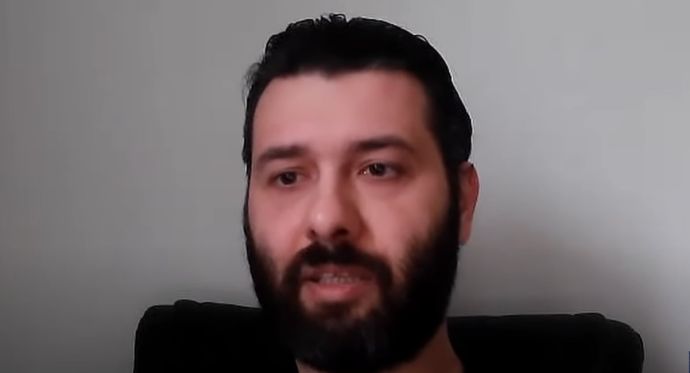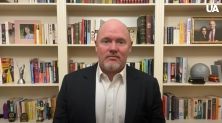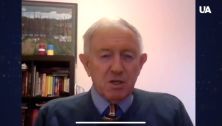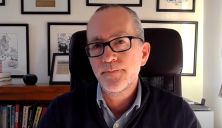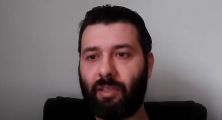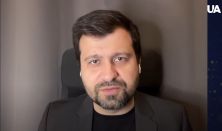A leading Israeli defence and security expert Yigal Levin on UATV English done by Pavlo Stelmakh – learn more about the war in Syria, Israel and the future of the region, no less.
— The key element here is the Assad regime. Bashar al-Assad, the current leader, is part of a dynasty; he’s the son of Hafez al-Assad, the Elder Assad. To understand this regime, you need to recognize that it represents the Alawi minority—a confessional group that makes up only about 1–2% of Syria’s population, though some estimates put it closer to 5%. Syria, on the other hand, is predominantly Sunni Muslim.
In the Middle East, religious affiliation often outweighs national identity. For instance, in Lebanon, people generally live in religiously segregated communities—Christians, Shiites, Sunnis, each in their own areas. Syria follows a similar pattern. This makes the Assad regime a flashpoint. Across the board—from radical groups like ISIS to the more moderate Syrian opposition—there’s one shared goal: the removal of Assad. While each faction has its own vision, whether it’s establishing a caliphate or simply ending Alawi dominance, the Assad regime is the common enemy.
Under the Assads, Syria has been held together through sheer force—protests have been brutally suppressed for decades.
For many groups, their fight against Assad is not only ideological but deeply personal, often fueled by revenge for the killings, torture, and repression they or their communities endured. The opposition factions are diverse, representing every conceivable interest and ideology.
Take the Kurdish groups, for example. They’re supported by the Americans and include factions linked to the Kurdistan Workers’ Party (PKK), a group that the U.S. itself classifies as a terrorist organization. Despite this, the U.S. backs the Syrian Democratic Forces (SDF), a coalition of Kurdish and Arab fighters. Then there’s the Syrian National Army—an opposition force supported by Turkey. These are primarily Syrians fighting against Assad’s forces, but they operate with significant Turkish backing.
On the more radical end of the spectrum, we have Hayat Tahrir al-Sham (HTS), led by Abu Mohammad al-Jolani, a figure with a notorious history that includes links to al-Qaeda and a role in the formation of ISIS before breaking away. HTS plays a significant role in ongoing offensives, particularly in Aleppo. Officially, Turkey does not support them, but everyone knows there’s more to the story.
And then there’s Assad’s side. His regime has long been backed by Russia and Iran. Russia’s involvement has been strategic—it’s about maintaining influence in the Middle East, a legacy from the Soviet era when Syria was a key ally. In 2015, when Assad was on the brink of collapse, Russia sent in its military contingent to stabilize the situation. Now, however, Russia is heavily invested in Ukraine and stretched thin, leaving fewer resources for Syria.
Iran, too, has played a critical role, particularly through Hezbollah. But in recent months, Israel has significantly weakened Hezbollah’s presence in Syria, targeting its fighters and leadership. Thousands have been killed or injured, leaving Hezbollah unable to support Assad as effectively as before.
These interconnected conflicts show how deeply global geopolitics influences what happens in Syria. Turkey, as a NATO member with the second-largest army in the alliance, is a key player here. The timing of its recent actions is no coincidence—this is a calculated move in the broader context of pressure on Russia and Iran. The West is clearly targeting Syria as a weak link in the influence of both Moscow and Tehran.
So, is a ceasefire possible? The war has been raging for 13 years, and while there have been moments of relative calm, it’s unlikely to end anytime soon. Assad remains the central trigger of this civil war, and as long as his regime exists, the conflict will persist. The global powers involved—whether it’s Russia, the U.S., Turkey, or NATO—are playing a long game. What’s happening in Syria is deeply connected to other conflicts, like the war in Ukraine and the tension in Israel. These aren’t isolated events—they’re threads in a larger geopolitical web.
Read also: Tom Keatinge: Russia Has Covert Capabilities and Operates Mafia-style

